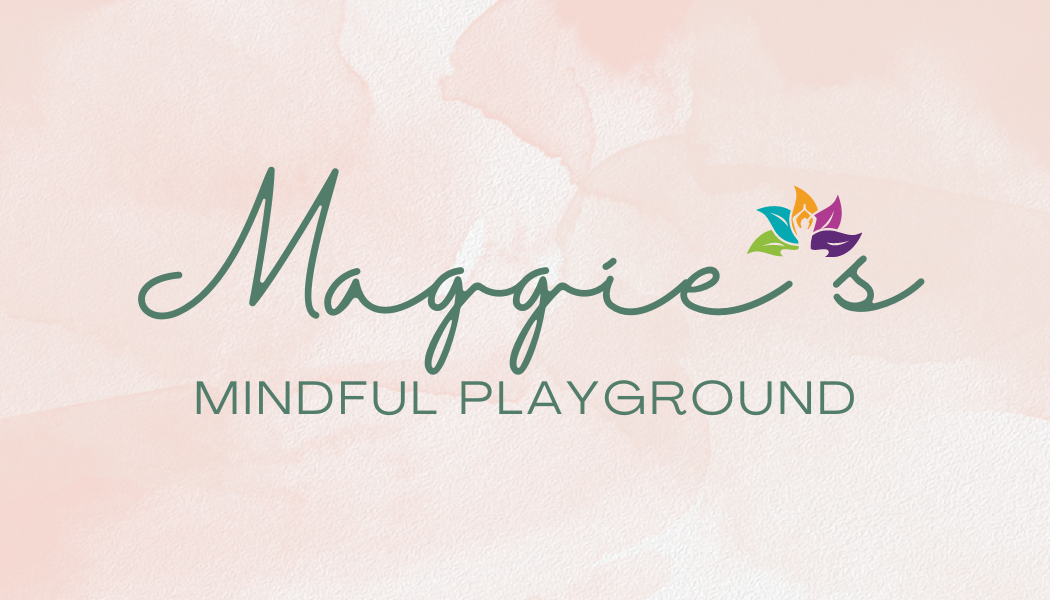The Benefits of Yoga for Children with Developmental Disabilities
Yoga is often thought of as an adult activity, filled with complicated poses and deep breathing exercises. But did you know that yoga can be just as beneficial for children, especially those with developmental disabilities? Imagine a child finding their inner calm, gaining confidence, and improving their flexibility—all while having fun! Yes, yoga can do that and much more. Let's dive into the world of yoga and explore how it can be a game-changer for children with developmental disabilities.
1. Promoting Physical Strength and Flexibility
Children with developmental disabilities often face physical challenges, such as low muscle tone or coordination difficulties. Yoga offers a gentle way to build strength and flexibility. Through poses like the "Superhero" (Warrior Pose) or "Happy Baby," kids can stretch and strengthen their muscles without even realizing they're exercising. It’s like sneaking veggies into their favorite smoothie—they're having fun and getting stronger at the same time!
2. Improving Focus and Concentration
Does your child have a hard time sitting still? Yoga might just be the superhero you've been looking for. Simple breathing exercises and poses can help children improve their focus and concentration. Think of it as a mental workout that strengthens their ability to pay attention. Over time, you might notice that your child is more focused, not just during yoga but in their daily activities too.
3. Enhancing Emotional Regulation
Children with developmental disabilities can sometimes struggle with managing their emotions. Yoga teaches mindfulness and relaxation techniques that help them identify and cope with their feelings. Imagine your child learning to take deep breaths when they’re upset, rather than reacting impulsively. Poses like the "Quiet Turtle" (Child's Pose) can create a safe space for kids to calm themselves and regain emotional balance. Who knew a few minutes on the mat could lead to fewer meltdowns?
4. Encouraging Social Interaction
Yoga classes offer a wonderful opportunity for children to interact with their peers in a supportive environment. Whether they’re high-fiving a friend after mastering a new pose or working together in partner yoga, these interactions help build social skills. Plus, the shared experience of yoga fosters a sense of community and belonging. It’s like a playdate with purpose!
5. Boosting Confidence and Self-Esteem
Every time your child nails a new pose, they’re not just building physical strength—they’re also boosting their confidence. Yoga encourages children to try new things and celebrate their progress, no matter how small. Over time, this can lead to increased self-esteem. And let’s be honest, who wouldn’t feel like a rockstar after mastering the "Tree Pose"?
6. Providing a Sense of Routine and Structure
Many children with developmental disabilities thrive on routine, and yoga provides just that. Starting or ending the day with a yoga session can create a comforting sense of structure. The repetition of poses and sequences helps children know what to expect, making them feel secure and confident. It’s like a cozy blanket of predictability in an unpredictable world.
7. Making Exercise Fun and Accessible
Let’s face it—getting kids excited about exercise isn’t always easy, especially when traditional sports might not be an option. Yoga, with its playful poses and creative names, turns exercise into a fun and accessible activity for all children, regardless of their abilities. Whether they’re pretending to be a lion, a tree, or a boat, they’re moving, stretching, and, most importantly, having a blast!
Wrapping It Up: Yoga for Every Child
Yoga isn’t just for grown-ups or the ultra-flexible—it’s for every child, especially those with developmental disabilities. It offers a unique blend of physical, mental, and emotional benefits that can help children grow stronger, calmer, and more confident. So why not roll out the mat and give it a try? Your child might just find their new favorite superhero pose!
And remember, in yoga, there’s no such thing as “perfect”—only “practice.” So, if your child’s "Downward Dog" looks more like a "Wobbly Puppy," don’t worry! The benefits are in the trying, not the perfecting. Namaste!

